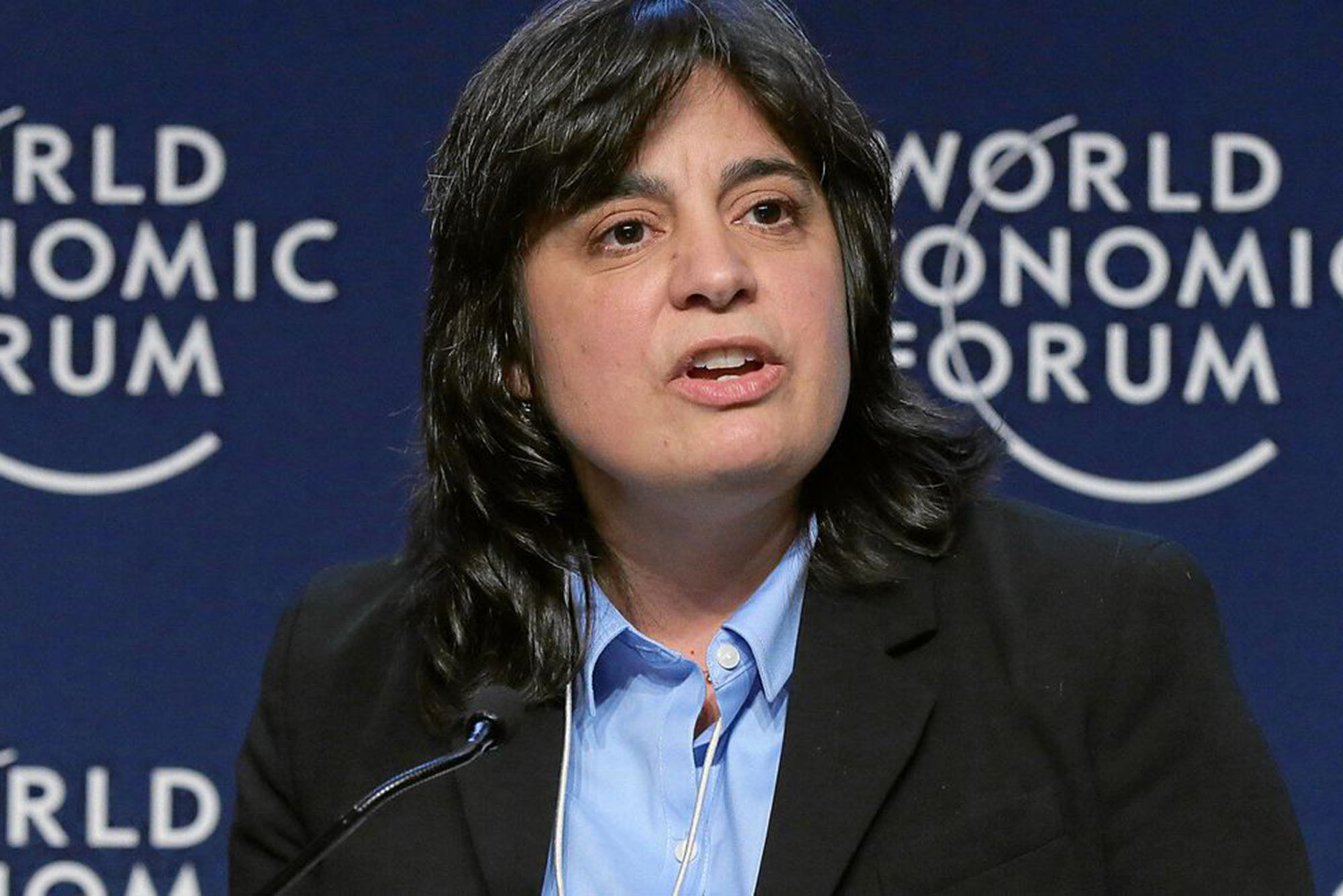A new AI tool developed by Boston University uses easily accessible health data, including memory checks, health records and brain scans, to identify key biomarkers of Alzheimer’s disease. Photo by Steve Johnson on Unsplash
Research News
Other news, stories and information on research around BU, including projects using AI to track Alzheimer’s disease and diagnose lung diseases
The edgethe latest collection of news nuggets, short stories, and other thought-provoking excerpts from the world of Boston University research, including the use of artificial intelligence (AI) to detect signs of Alzheimer’s and diagnose lung disease, BU’s role in a major World Economic Forum report on innovation, a new international partnership studying urban living, and a project to improve health colorectal of autistic adults.
AI tool can detect key signs of Alzheimer’s disease
Researchers at Boston University have developed an artificial intelligence tool capable of identifying biomarkers of Alzheimer’s disease. In tests, the AI model successfully predicted the presence of two so-called sticky proteins – beta-amyloid and tau – whose gradual accumulation in the brain is a signature of neurodegenerative disease. Researchers hope the tool could provide an alternative to expensive positron emission tomography (PET) scans and better identify the location of proteins in the brain compared to blood tests. According to a Press release from the BU Chobanian and Avedisian School of MedicineThe model uses easily accessible data, including those from memory checks, health records, and less expensive brain scans, to perform its analyses. The results are published in Natural communications. “The tool can help doctors quickly select people to treat with new drugs or participate in research studies, saving time and money while reaching more patients who might not otherwise have access to expensive and complicated tests,” says Vijaya B. Kolachalamaassociate professor of medicine and computer science at BU who led the study. “For the public, this means faster diagnoses, fewer unnecessary tests and hope for treatments that will slow the disease, improving the daily lives of those affected and their loved ones. » The research was supported by the National Institute on Aging’s Artificial Intelligence and Technology Labs, the American Heart Association, Gates Ventures and the National Institutes of Health (NIH).
NIH awards $3.1 million to BU for COPD research
It is the fourth highest cause of death in the world. Every year, millions of people around the world – and more than 100,000 in America alone, are dying from a devastating lung disease called chronic obstructive pulmonary disease (COPD). At the BU College of Engineering, Kayhan Batmanghelich and colleagues are exploring an AI-based approach to better diagnose and track disease. Their potentially transformative effort was recently boosted by a $3.1 million grant from the NIH’s National Heart, Lung, and Blood Institute. The award will help the assistant professor of electrical and computer engineering “overcome critical limitations of current diagnostic tools by developing new interpretable biomarkers using advanced artificial intelligence.” according to an article published by the BU Rafik B. Hariri Institute for Computer Science, Computational Science and Engineering.
“By uniting data from biology, imaging and physics through interpretable AI, we are not only improving COPD care, we are building the foundation for a new generation of precision diagnostics,” Batmanghelich, a junior professor at the Hariri Institute and a member of its AI research initiative, said in the article. “Our work has the potential to change the way we understand, track and ultimately treat chronic diseases that affect millions of people around the world. »
COM Dean Cole leads World Economic Forum’s emerging technologies report

Every year, the World Economic Forum selects 10 innovations that could reshape society. The latest list includes advances as diverse as artificial living therapies and generative AI watermarking to combat misinformation. To finalize your “Top 10 emerging technologies” report, the nongovernmental organization balances expert nominations, AI analysis and other assessments, capped by the steering committee review. Since 2016, this review has been co-chaired by BU’s Mariette DiChristina, dean of the College of Communication and former editor-in-chief of Scientific American. The report’s goal is to help governments and business leaders advance and take advantage of new technologies. “What I hope for the world is that we can at least discuss new innovations, critique them and think about how best to use them, taking into account both the things that can go wrong and the things that can go right.” DiChristina said COMtalk.
International partnership to study urban life
The BU Initiative on Cities (IOC) co-founded an international partnership aimed at advancing new knowledge about how city dwellers shape and evolve in their environments. The Global Alliance for Sustainable Urban Societies will combine “critical social science with data science to provide new and actionable insights into urban life,” according to a report. press release.
“To be resilient and livable, cities must be socially sustainable, and we must understand how individuals and communities perceive, interact with, and are affected by urbanization and the urban environment. » Loretta Leedirector of the CIO and professor of sociology in the BU College of Arts & Sciences, said in the press release. Other founding members of the alliance are from the London School of Economics and Political Science, Singapore Management University, the University of Melbourne and the University of Toronto.
Improving colorectal health in adults with autism
A new BU project aimed at improving the colorectal health of people with autism has won a major new grant. The Eugene Washington PCORI Engagement Award program, an initiative of Patient-Centered Outcomes Research Institute (PCORI)awarded funding for a study on access, engagement and patient experience of colonoscopy for adults with autism. The project will be led by Emily Rothmanprofessor in the BU Sargent College of Health & Rehabilitation Sciences and chair of occupational therapy. One aspect of the research will be the creation of a national advisory board comprised of autistic adults with colonoscopy experience. “Many autistic people face sensory, communication, and anxiety-related issues when it comes to procedures like colonoscopies,” Rothman said in an article. Sargent Press Release. “This project aims to ensure their voices shape the future of gastrointestinal health care research and practice.” »
Want more research on BU or have an idea for a story? Check The edge home page every week for even more stories and videos about UB research. And if you would like to tell us about your research at BU, we would love to hear from you. Send us an email at thebrink@bu.edu Or tell us your story online.
Explore related topics:
